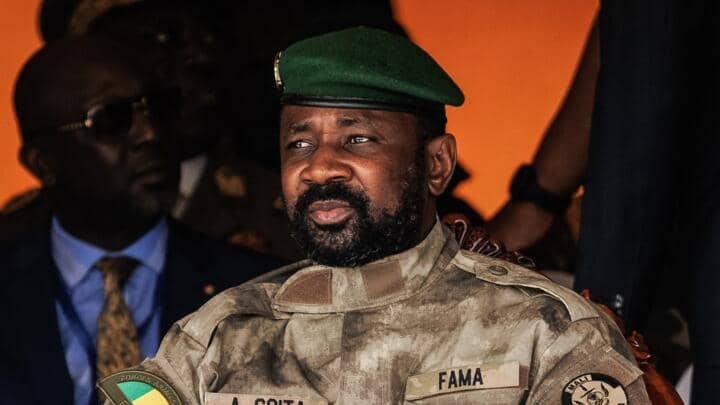In a dramatic political shift, Mali’s junta leader, Colonel Assimi Goita, has dismissed Prime Minister Choguel Kokalla Maiga and the entire government, signaling deepening tensions within the military-led administration. The announcement, conveyed through a presidential decree and broadcasted on state television, marks a significant development in Mali’s ongoing political crisis.
Maiga, appointed by the military in 2021 following the second of two coups, had recently voiced concerns about the lack of progress in transitioning to civilian rule. He warned that the delays could have dire consequences for Mali’s future. This criticism, delivered publicly, was an unusual move and reportedly underscored growing divisions within the leadership.
Mali’s transitional government had pledged to organize elections and restore civilian governance by March 2024. However, those plans have been indefinitely postponed, intensifying public frustration and skepticism about the junta’s intentions.
The country has faced relentless instability since 2012, grappling with a mix of jihadist insurgencies, separatist uprisings, and intercommunal violence. Critics argue that these challenges, combined with stalled political reforms, are exacerbating Mali’s precarious state.
The junta’s decision to remove Maiga adds a layer of uncertainty to the transition process. Observers warn that the dismissal could destabilize the fragile government further, with no clear roadmap for resolving Mali’s political and security crises.
Colonel Goita, who led the coups in 2020 and 2021, has yet to outline specific plans for the government’s restructuring. However, analysts suggest this move reflects a consolidation of power within the military leadership at the expense of civilian voices.
As Mali navigates these turbulent times, the international community and domestic stakeholders will be closely monitoring how the junta addresses mounting concerns over governance, security, and the country’s future.

